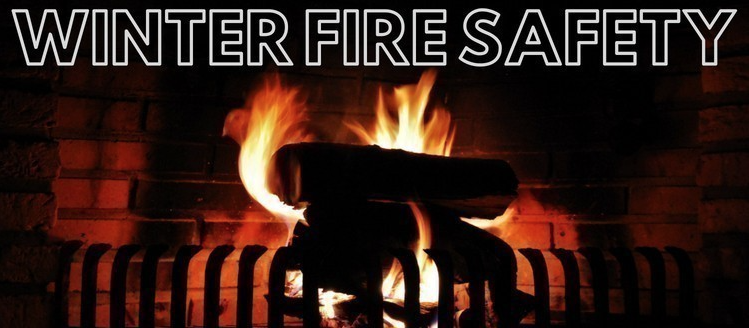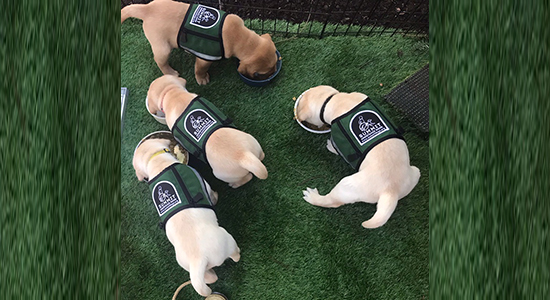||| FROM KAT BARNARD for ORCAS FIRE & RESCUE |||
Winter storms create a higher risk of car accidents, hypothermia, frostbite, carbon monoxide poisoning, and heart attacks from overexertion. Winter storms, including blizzards, can bring extreme cold, freezing rain, snow, ice, and high winds. On Orcas Island, high winds after significant rainfall can lead to downed trees, power outages, and road blockages. A winter storm can last a few hours or several days, cut off heat, power, and communication services, and put older adults, children, sick individuals, and pets at greater risk.
- Watch out for carbon monoxide poisoning. Only use generators and grills outdoors and away from windows.
- Never heat your home with a gas stovetop or oven.
- Stay off the roads if possible. If trapped in your car, stay inside it and call 911.
- If you need to go outside, wear layers of warm clothing and limit your time outside.
- Watch for signs of frostbite and hypothermia.
- Avoid overexertion when shoveling snow and walking in the snow. Keep walkways clear of ice.
First Steps to Prepare:
- Install and test smoke alarms and carbon monoxide detectors with battery backups
- Keep fire extinguishers accessible in your home and ensure they are inspected and ready to use.
- Gather supplies and shelf-stable foods in case you need to stay home for several days without power.
- Keep in mind each person’s specific needs, including medications.
- Remember the needs of your pets!
- Have extra batteries for radios and flashlights. Keep a close eye on candles and do not leave them unattended.
Generator Safety
- Generators and fuel should always be used outdoors and at least 20 feet away from windows,
doors, and attached garages. - Install working carbon monoxide detectors on every level of your home. Carbon monoxide is a colorless, odorless gas that can kill you, your family, and your pets
- Keep the generator dry and protected from rain or flooding. Touching a wet generator or devices connected to one can cause electrical shock.
- Always connect the generator to appliances with heavy-duty extension cords.
- Let the generator cool before refueling. Fuel spilled on hot engine parts can ignite.
- Follow the manufacturer’s instructions.
Portable Space Heaters
- Keep combustible objects at least three feet away from portable heating devices.
- Always plug heaters directly into a wall socket. Do not use extension cords or power strips for space heaters.
- Only buy heaters evaluated by a nationally recognized laboratory, such as Underwriters Laboratories (UL).
- Check to ensure the portable heater has a thermostat control mechanism and will switch off automatically if the heater falls over.
- Only use crystal clear K-1 kerosene in kerosene heaters. Never overfill it. Use the heater in a well-ventilated room away from curtains and other flammable items.
Fireplaces and Woodstoves
- Inspect and clean woodstove pipes and chimneys annually and check monthly for damage or obstructions.
- Use a fireplace screen heavy enough to stop rolling logs and big enough to cover the entire opening of the fireplace to catch flying sparks.
- Make sure the fire is completely out before leaving the house or going to bed.
Orcas Island Fire & Rescue career and volunteer members remind you to keep safe this winter and have a healthy holiday season. If you need us, we’ll be there. For more information, visit our website at www.orcasfire.org or www.ready.gov.
**If you are reading theOrcasonian for free, thank your fellow islanders. If you would like to support theOrcasonian CLICK HERE to set your modestly-priced, voluntary subscription. Otherwise, no worries; we’re happy to share with you.**








